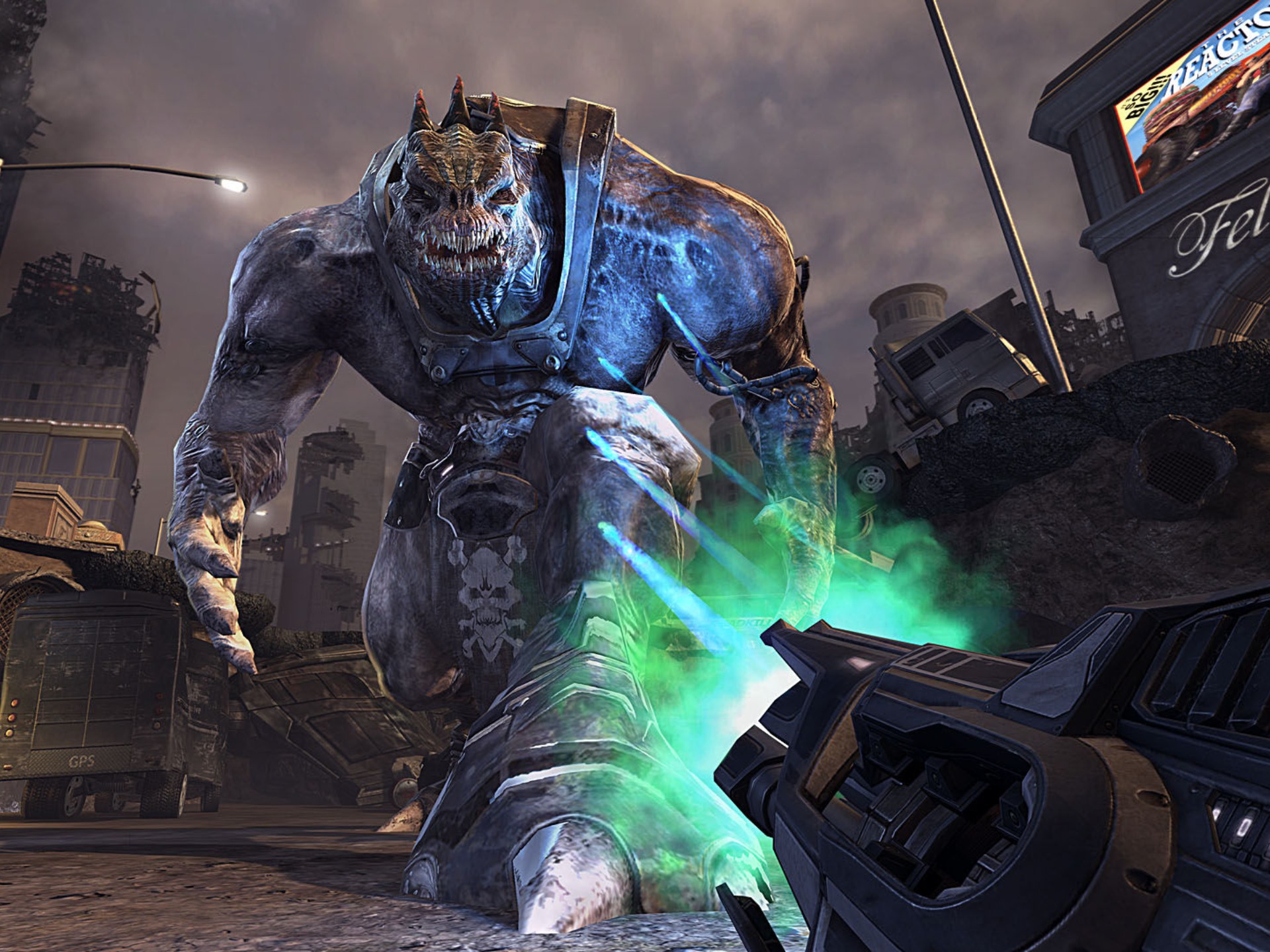Exclusive Content: "Prosecutor's Case" – A Deep Dive into Evidence Presentation
Introduction
In the legal world, the presentation of evidence is the cornerstone of any prosecutor's case. A well-structured, compelling, and legally sound presentation can mean the difference between conviction and acquittal. This article explores the intricacies of evidence presentation in criminal trials, examining key strategies, challenges, and the psychological impact on jurors.
The Role of Evidence in Prosecution
Evidence serves as the foundation of the prosecutor’s argument. It includes:
- Physical Evidence (e.g., weapons, DNA, fingerprints)
- Testimonial Evidence (witness statements, expert testimony)
- Documentary Evidence (contracts, emails, financial records)
- Digital Evidence (social media posts, surveillance footage)
Prosecutors must ensure that evidence is admissible, relevant, and persuasive to secure a conviction.
Structuring the Evidence Presentation
A successful prosecutor follows a strategic approach:
1. Opening Statement – Setting the Stage
The prosecutor outlines the case, previewing key evidence to establish credibility and engage jurors.
2. Direct Examination – Building the Narrative
Witnesses are called to testify, with the prosecutor guiding them to reinforce the case theory.
3. Cross-Examination – Challenging the Defense
The prosecutor anticipates defense arguments and weakens opposing witnesses’ credibility.
4. Closing Argument – Reinforcing the Case
A powerful summation ties all evidence together, appealing to logic and emotion.
Challenges in Evidence Presentation
- Hearsay Rules – Some witness statements may be inadmissible.
- Chain of Custody Issues – Mishandled evidence can be dismissed.
- Juror Bias – Preconceptions may affect interpretation.
- Defense Tactics – Skilled defense attorneys may undermine evidence.
Psychological Impact on Jurors
Studies show that jurors are influenced by:

- Visual Evidence (crime scene photos, videos)
- Emotional Testimony (victim impact statements)
- Expert Credibility (forensic analysts, medical examiners)
Prosecutors must balance factual rigor with emotional appeal to maximize juror persuasion.
Conclusion
The "Prosecutor’s Case" hinges on meticulous evidence presentation. By leveraging legal strategy, forensic science, and psychological tactics, prosecutors can construct an irrefutable argument. However, ethical considerations must always guide the pursuit of justice.
Tags: #LegalStrategy #CriminalJustice #EvidencePresentation #Prosecution #TrialTactics #ForensicScience #JurorPsychology #CourtroomDynamics
(Word Count: ~1000)
Would you like any modifications or additional sections?


















